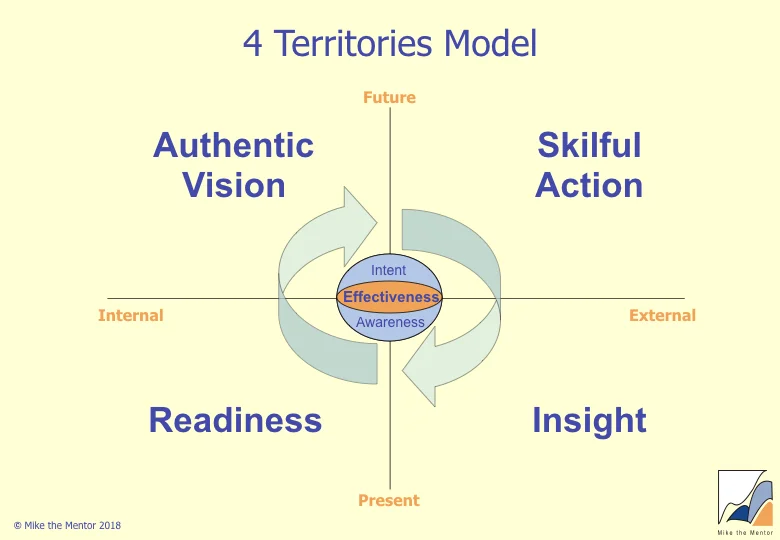Stages of Change - Using the Right Change Process
/Many approaches to behaviour change assume that, once someone has identified the changes they need to make, they should be able to make and maintain the changes. If they don't, this is taken to demonstrate a lack of will-power or motivation.
Prochaska et al, in their book Changing for Good, point out that successful behaviour change is rather more complex with taking action being just the most visible of a number of stages, each of which is necessary to the process of successful behaviour change. They identify 9 different change processes - and shows when to use them within a 5-stage change process to help others change successfully. The 5 stages are:
Precontemplation: "There is no problem, and therefore no need to change"
Contemplation: "There is a problem - I'll deal with it one day"
Preparation: "There is a problem - and I'm going to deal with it soon - and I've even started to make small changes"
Action: "I am changing my behaviour, and managing the associated thoughts and feelings"
Maintenance: "I am consolidating the new behaviours, and guarding against relapses"
Termination: "My old way of behaving no longer holds any attraction for me".
The 9 major processes are:
Consciousness-raising: increasing awareness and insight about yourself and the problem, and about the self-defeating defences that get in your way
Social liberation: providing social support for change (eg values statements, competency frame-works, cultural norms)
Emotional arousal: evoking positive feelings about the change you are contemplating
Self-re-evaluation: taking stock of your current situation and recognising that the change you are contemplating would substantially improve your life
Commitment: choosing to act, and to believe in your ability to change
Countering: finding and practicing the new behaviours that will replace the problem behaviours
Environment control: avoiding situations that evoke the problem behaviours and choosing those that encourage the new behaviours
Rewards: rewarding yourself, or being rewarded by others, for changing
Helping relationships: enlisting the help of others.
The diagram shows the stages of change at which the change processes are most useful.
This model has interesting implications for coaching - especially the commonly held expectation that six or eight two hour sessions should be enough for most coaching needs. This will often be true when the coachee is already at the preparation or action phase. But a highly effective piece of coaching working with someone at the pre-contemplation or contemplation stages may lead to no visible behavioural change, even though the coachee may have made many of the internal shifts necessary to prepare them for action.
Therefore, before designing a coaching intervention, assess where in this change process your prospective coachee is - and then manage the client's expectations accordingly.


